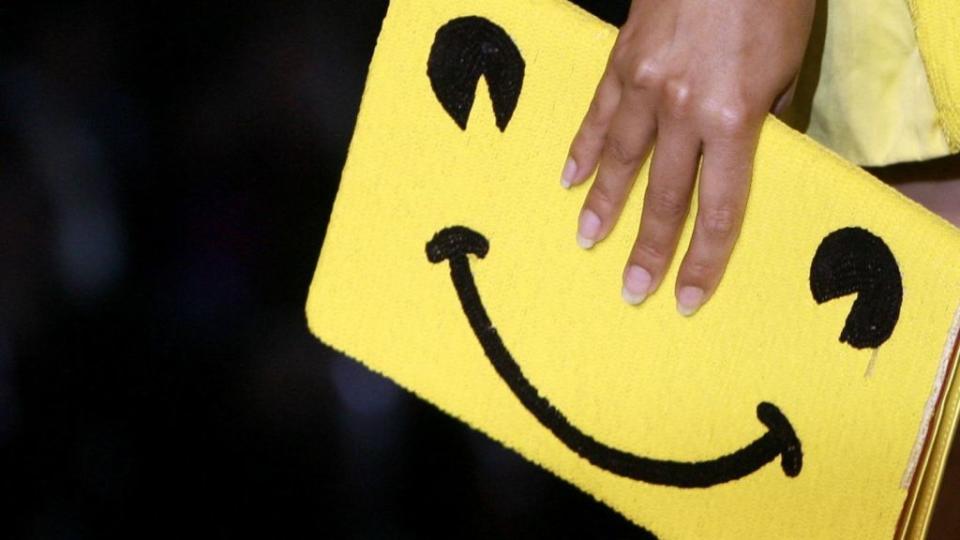Nearly one third of US employees have dipped into their retirement accounts

Here’s a statistic that wouldn’t surprise many of your colleagues: 49% of US workers are living paycheck to paycheck, according to this year’s MetLife survey on trends in employee benefits.
Given that pressure, another finding from the survey is perhaps less surprising: Nearly one third of respondents (30%) who contribute to a defined contribution benefit plan said they’ve dipped into their retirement savings, a move that financial advisors usually discourage because of the penalties of early withdrawals, or the loss of potential growth (from compounding interest) that’s inevitable with a loan. Besides, most people are already woefully underprepared for retirement already.
The MetLife study, which includes data from 2,600 people working full-time in the US, age 21 and older, and was conducted by Engine Insights, found this raiding of retirement accounts was pretty evenly distributed across generations.

It revealed that 28% of boomers (aged 53 and above), who are closest to actually retiring, had already tapped their accounts, most commonly to pay down general debt or to buy or fix up a home. So did 22% of Gen Y workers (ages 23-36), aka millennials, who cited unexpected expenses and debt, including medical bills and student loans, as the causes. Incorporating responses from Gen Z (ages 21 and 22) for the first time, this year’s survey found that more than one quarter (26%) of this group, too, have borrowed or withdrawn money from their retirement savings. Their reasons? Also medical debt, student loan debt, general debt, and, for 20% of Gen Zs, to purchase a car.
The worst offenders, however, were the Gen Xers (aged 37-52), the most beleaguered and least engaged of generations, according to the study. Among the “sandwich generation,” so named because they’re often caring for children and aging parents, a third had already turned to their retirement accounts for some cash, largely to pay for unplanned expenses and outstanding bills (though student loan obligations were only cited by 8% of this demographic.)
To be sure, MetLife, which provides insurance and employee benefit packages, has every incentive to promote better “financial wellness” at work, and to cite statistics, as it does in this report, that one in three employees are distracted by financial woes, or that 52% of employees say they expect to postpone retirement due to their financial situation. (That’s up 15% since MetLife conducted the same study in 2015.) However, its findings about who is dipping into retirement savings reflect trends found in other studies. In fact, young workers may be pulling cash from their retirement savings at even higher rates.
The research also reveals that today’s workers expect companies to help them crawl out of their financial mess—not just by paying them decently, but by providing the tools to figure out what they’re doing with student loans, house payments, and day-to-day budgeting. Again, while the message dovetails nicely with MetLife’s products, it also speaks to a larger paradigm shift: the creation of companies, largely in wealthy countries, that operate almost like nanny states, caring for an employees by providing not only healthcare and insurance, but also tacos, massages, and nap pods.
“Everyone is talking about stress, and so much of that stress is, ‘I don’t have money,’” Todd Katz, MetLife executive vice president and head of group benefits in the US, said at a media event in New York last week. “What’s different now is employees are saying, ‘Employer, I want you to help me.’”
Sign up for the Quartz Daily Brief, our free daily newsletter with the world’s most important and interesting news.
More stories from Quartz:

 Yahoo Finance
Yahoo Finance 